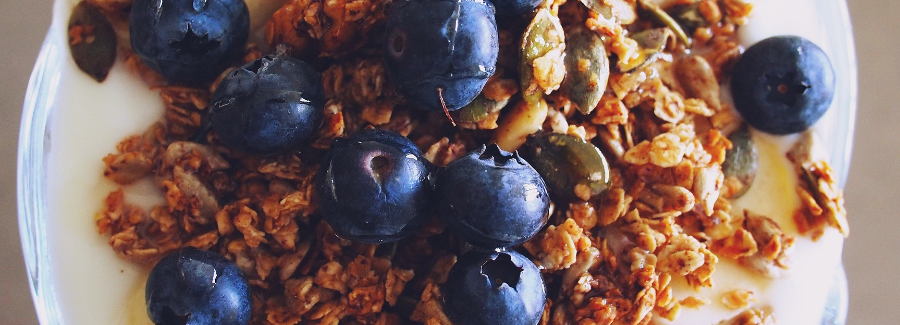PvdD kahvaltılık tahıllardaki (müsli) pestisitler hakkında sorular yöneltti
Fransa’nın yaptırdığı bir araştırma sonucunda biyolojik olarak üretilmeyen tüm kahvaltılık tahıllarda yüksek oranlarda pestisit (böcek ilacı) izlerine rastlandı. Hayvanları Koruma Partisi (PvdD) olarak sağlıklı kahvaltı yapmak isteyen insanların tarımsal zehir yutmalarını kabul edilmez buluyoruz. Esther Ouwehand Ekonomiden Sorumlu Devlet Bakanı’na bu konuda sorular yöneltti.

Fransız Generations Futures Kurumu 20 çeşit müsli üzerinde tarımsal zehir araştırdı. Biyolojik olarak üretilen 5 markada bu zehire rastlanmazken biyolojik olmayan müslilerde 141 ayrı çeşit tarımsal ilaca rastlandı. Hem de bu değerlerin AB’de izin verilenin 300 kat fazlası olduğu da ortaya çıktı.
Bunun yanında 81 çeşit ilaçın da hormon dengelerini bozan etkilerinin olduğu saptandı. Araştırmada kullanılan kahvaltılık tahıl markalarından 4 yanesi Hollanda süpermarketlerinde de satılmakta. Yani Hollanda’lı tüketiciler de bu kabul edilemez sağlık tehdidiyle karşı karşıya.
PvdD, Devlet Bakanı Van Dam’dan bu konuya açıklık getirmesini istedi. PvdD Milletvekili Esther Ouwehand meclisten Hollanda’da satışta bulunan bütün kahvaltılık tahıl ve gevreklerin tarımsal ilaç bulundurup bulundurmadığının araştırılmasını istiyor. Esther Ouwehand “Halk, kahvaltıda müslü yiyerek sağlıklı beslendiğini düşünüyor ama yüksek miktarlarda tarım ilacına maruz kalıyor, yani aslında çok sağlıksız! Meclis bu konuda gerekli tedbirleri almalı.” diye belirtiyor.
A French study has shown that all non-organic cereals contain high levels of toxic pesticides. The Party for the Animals feels it is unacceptable that customers should ingest agricultural toxins via their supposedly healthy breakfasts. Esther Ouwehand has questioned the Dutch State Secretary for Economic Affairs about this issue in the Lower House.

French organisation Générations Futures has analysed twenty different kinds of cereal for the presence of agricultural toxins. The five that were organic were found to be free from any pesticides. However, the non-organic cereals contained traces of no less than 141 different agricultural toxins, some in concentrations exceeding the concentrations laid down in EU standards by a factor of 300.
Moreover, 81 types of pesticides found in the cereals are presumed to have endocrine disrupting properties. Of all cereal types that were examined in the French study, four are also available in Dutch supermarkets, thereby exposing Dutch consumers to unacceptable health risks.
The Party for the Animals has requested clarification from the Dutch State Secretary for Economic Affairs Van Dam. MP Esther Ouwehand wants the Dutch government to have all cereals in the Netherlands analysed for the presence of pesticides. Esther Ouwehand: “Citizens assume they are having a healthy breakfast by eating cereal, but actually run the considerable risk of ingesting agricultural toxins – very unhealthy indeed! The government must take measures against this.”
The Party for the Animals has been advocating toxin-free agriculture for years in order to protect people, animals and nature. Esther Ouwehand wants to know what measures State Secretary Van Dam will take to phase out the use of agricultural toxins as soon as possible.